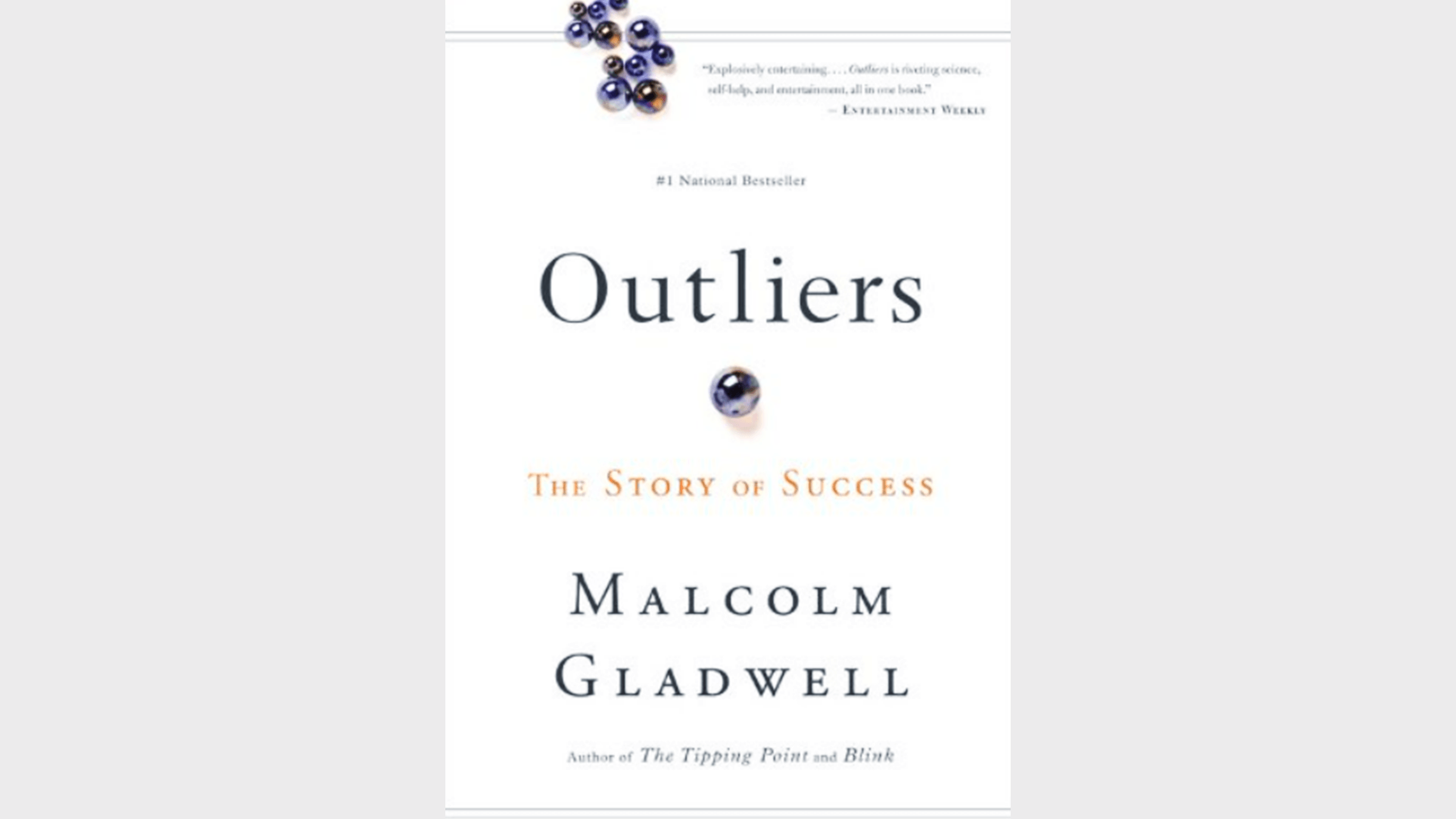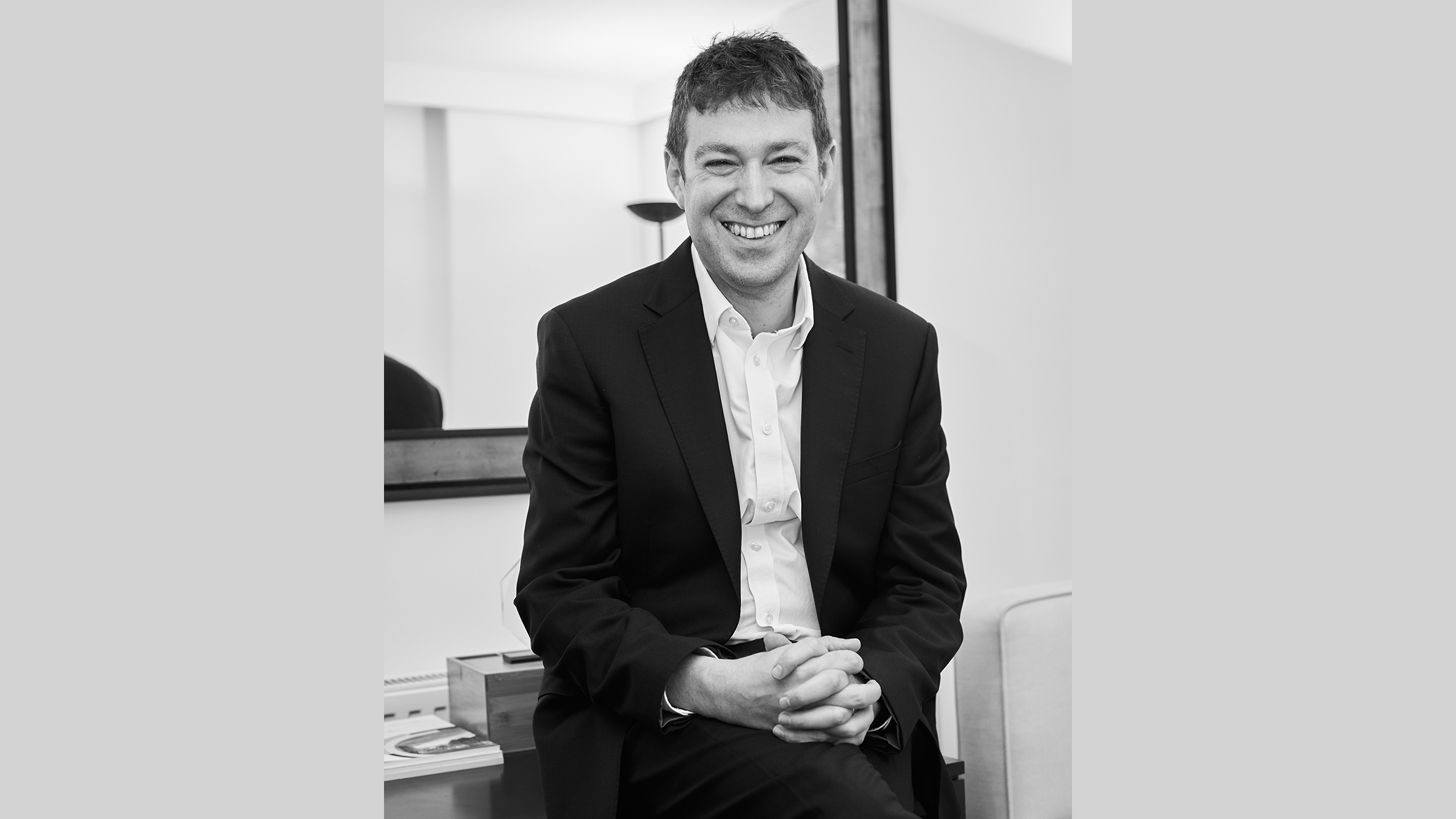About a decade ago, I read Malcom Gladwell’s book, Outliers. It was the first time I had seen such a clever, almost clinical, dissection of what makes a successful leader. Like many, my key take away was that you have to put in 10,000 hours of practice – five years of uninterrupted 40-hour workweeks worth of practice – to become “world class” at something.
Last year, I celebrated my ten-year anniversary at MBS and in executive search, and more recently, according to our database, completed my ten thousandth interview. So, at least according to Gladwell, I finally know something about what it means to be a headhunter! Reflecting back on all these many thousands of interviews, I wanted to explore some of the key lessons on interviewing I have learnt over the past ten years.
On candidates:
1. “Origin stories” matter
You can learn a lot from someone’s CV, and by hearing about their many achievements. But you can learn even more from properly understanding a person’s background and history. What is it about them and their upbringing that has enabled their success? What motivates them? What holds them back?
One of the many things I have learnt from MBS’s founder, Moira, is that very often, hearing someone’s early story – and their path to establishing themselves as a leader – can tell you more about them, their resilience and their future potential than asking the host of standard interview questions.
For me therefore, an understanding of a candidate’s formative years has become key. Getting under the skin of a candidate’s early circumstances, career trajectory and decision-making often paints a much clearer picture as to the essence of a candidate – their motivators and their potential – than simply focusing on the last ten years of their career.
2. People change
As humans, we’re inclined to remember others as they were, and overlook their capacity to grow and develop. It is amazing how one poor reference, one difficult period in a role many years ago, or one “off day” in an interview can cloud your judgement (or indeed our client’s judgement) on a candidate for years to come.
Often, we are possibly too quick to judge candidates on how we knew them – or how others knew them – as opposed to judging them fairly on their skills and abilities today.
I’ve learnt that while past performance is always a great indicator of future success, perhaps what is more important is to consider a candidate’s ability to grow and change. Surely, we should give greater credit to candidates who understand their development areas – and have acted on them?
Often, after not seeing a candidate for a long time, an interview is a welcome reminder of how significantly people change – both personally, and as leaders. I now always try to interview people afresh, without glasses tinted by our last interaction.
3. You can learn a lot about a person from their role models
We are big believers in the power of role models and mentors at MBS, and each of my ten thousand hours of interviews has proved how much a leader is shaped by others in their personal and professional life. I’ve learnt that there are very often common threads which link our sector’s best leaders, many of whom have trained under or been mentored by the same people.
Probably the three most valuable questions I ask in interviews are:
Number 1: who have been your mentors? Who have you learnt the most from over the course of your career? Who has taken time out of their precious schedule to support and develop you? It is no surprise that the best candidates are often mentored in their early careers by individuals who themselves went onto achieve great things.
Number 2: who have been your sponsors? Which leaders have constantly pushed for you to be promoted ahead of your peers? Which former line managers have seen something special in you, and wanted to take a personal risk in promoting you along your career journey? Who has ensured that you have been given stretching development opportunities? Likewise, it is no surprise that many strong candidates have had exceptional sponsors throughout their career.
Number 3: who have been your role models? Who have been the people you have really looked up to, and can model yourself against? When I ask this question, I am often met with a stoney silence. Particularly, I should add, amongst women or diverse candidates who perhaps don’t see role models in their own image in a professional context – or don’t see leaders in the hierarchy above them who have the same value set or working practices they themselves want to emulate.
Another thing I’ve learnt it that having multiple role models is really important. Every aspiring leader should be able to find other leaders who exemplify the achievements, drive, behaviours, characteristics, working style, lifestyle and values that they themselves hold.

4. Candidates can learn to interview better
After a decade in executive search, I’ve come across candidates who are ill-prepared, candidates who are over-prepared, and candidates whose interview techniques have noticeably improved over the years. Often, I am surprised by how poorly some candidates, who are clearly very skilled and experienced, present themselves at interview.
On the one hand, it is always obvious when candidates simply haven’t put in the prep time. My advice to candidates, particularly those who haven’t formally interviewed for a while, is that it is always worth sitting down with a trusted friend to prepare.
Can you properly articulate the reasons behind each of your moves? Can you explain what you have personally achieved in each role? Can you present yourself as a CxO leader – as opposed to a director or senior functional leader? With only an hour to convey a lifetime’s worth of experience and leadership capabilities, a little preparation goes a long way. I can’t count how many times I’ve heard people say “I wish I had said X”, or “I didn’t explain Y in the right way” after coming out of an interview.
It also still surprises me how superficially some candidates have researched the company they are interviewing for. What I love about consumer industries is that you can easily get under the skin of the front-end proposition of nearly every one of our clients. Have you visited their stores – if so, what were your experiences? Have you been to their restaurants – if so, how do they compare with their peer group? Have you made a purchase through their website – if so, how smooth was the customer journey? Have you tried their product – if so, what differentiates it, and how would you invest in their brand development? I want to meet candidates who have a clear passion, interest and opinion on the client they are interviewing for.
On the other-hand, however, are the highly prepared candidates. Indeed, some leaders (or their former companies, as part of outplacement support) invest tens of thousands of pounds in interview coaching. These leaders feel very polished: they know how to tell their story, and they tell it brilliantly. They have thought through all the answers to potential questions, and they’re clear on the key points they want to get across during interview – sometimes in an almost “bullet-proof” type of way. With these types of candidates, I’m even more determined to get under their skin, and to get to know the ‘real’ candidate, not the interview version. Whilst being polished isn’t a bad thing, we really do want to see a genuine person – not a manufactured product.
5. Candidates often aren’t very good at articulating their successes
It always surprises me how many leaders can’t effectively communicate their accomplishments. Despite impressive CVs and clear track records of achievements, many very senior candidates struggle to explain their personal role in a company’s growth or success story – or, indeed, in managing through adverse circumstances.
“Many very senior candidates struggle to explain their personal role in a company’s growth or success story.”
It’s interesting, for example, when a CEO can’t instantly recall the revenue or EBITDA when they joined a company (or assumed leadership of a division), and what it was when they left. In an interview, I want to understand the specific levers a candidate has pulled to drive performance, the difficulties they overcame to make change, how they have led through others, the strength of the leadership-bench they have developed, and the impact of their actions on share price.
Specific performance details are important: they demonstrate how a candidate has personally added value, illustrate what kind of leader they are, and paint a picture picture as to the type of impact they might have in a new business. I’m looking to see that a candidate can identify their own measures of success, and the specific past successes that would be transferable to a new context.
6. Too many interviews aren’t wholly truthful
In my ten years, I’ve seen countless interviewees bend the truth, and not fully own their mistakes. As search consultants, we usually have access to the truth about a particular situation through informal conversations with the market and, in my opinion, it is therefore far better for candidates to own their narrative – good and bad.
I’m always pleased when candidates tell me the real reason they left a particular company. This not only establishes their credibility as an honest leader, but also demonstrates very clearly that they are able to be reflective on their own development areas and on what they would do differently next time. Too often, candidates try to paint themselves as the ‘finished product’ – rather than demonstrate the self-awareness required for them to become the very best in their field.
Along these lines, something we see time and time again is candidates claiming credit for achievements that aren’t theirs. A few years ago, over a series of CMO searches, we had over ten former marketeers in different interviews claiming that they had personally led the very successful reinvigoration of a particular drinks brand. A bit of digging with the right sources informed us quickly who the real brains and creative leaders were – and who were the observers and ‘hangers-on’ on in the process.
Nobody’s perfect, and the candidates who command the most respect from me are often the ones with the most self-awareness, who own their mistakes, and demonstrate subsequent learnings.

7. Being genuine goes a long way
A relationship with a headhunter should endure for several decades; it is never just about one specific role. Very often we find candidates in an interview trying to turn themselves into a square peg, just so they can fit into a square hole.
The more honest, open and vulnerable a candidate is, the more likely we’ll be able to find them the right role, at the right time – even if it isn’t the position we are discussing at that moment.
If personal wealth creation is a priority, we can help them pursue private equity-backed opportunities, for example. If being at home is important to a candidate, we can find roles that embrace flexible working. If it’s about giving something back, we can help candidates identify positions with true social purpose. The more we know about personal motivations, the better we know which roles to prioritize discussing with them.
For us at MBS, it is never about simply making a placement – it is about making a placement that will endure, in which the candidate is set up for success, can make an impact, and will be happy in the long term. If the role or company isn’t right for a candidate then the placement won’t be an abiding success – for the candidate or critically for our client.
“For us at MBS, it is never about simply making a placement – it is about making a placement that will endure.”
One of the things that makes me smile is when candidates ask for time to tailor their CV for a particular role, when really all we need is for them to bring their true selves to an interview. You are who you are – and the role needs to be the right fit for both parties, and pursued for all the right reasons!
8. Physical environment matters
To me, it is amazing how many candidates still opt to have initial meetings or interviews over Zoom or Teams. Whilst, of course, this means that they don’t need to take several hours to travel to or from an interview, it is simply much harder to form rapport with a candidate over virtual means than in person. The most memorable interviews are always those which take place in person – and are often are the best opportunity to start a long-term relationship with a new candidate.
On clients:
9. You need to understand and love your clients
I know I do my very best search work for clients I truly know, understand, and love.
MBS’s business model is to work with the same clients, in a huge amount of depth, over many, many years. Several of our clients we’ve worked with for decades, and one client we have been partnering with for more than thirty years! This means we know our clients intimately. We have gone on a journey with them, not only through their highs and periods of growth – but also through the lows and the very difficult times.
In many ways, I always feel we are “in the trenches” with our clients as they address their most critical human capital challenges. Each company has a very specific culture, set of challenges, and growth trajectory. You can’t apply a cookie cutter approach to talent – you need to find the right solution for each individual client.
With each new client relationship, I always make sure we invest the time early on to properly understand their company. You can never just take a brief verbally – rather, you need to do store visits, meet the client in person in their offices, go to their home territory (wherever it is in the world) as well as meet the full ExCo and Board (often including those not involved in a specific hire). You can never invest too much time getting to know a client – and if you don’t fall in love with their product or brand, then you can’t represent them effectively to the candidate marketplace. Passion and belief in your clients is absolutely key to engaging, in a genuine way, the best candidates in any search.
Personally:
10. Every interview is a learning opportunity
Probably the thing I love most about executive search is that every interview is a learning opportunity. In every conversation, I learn so much about companies, cultures, consumers, future trends, different geographies, and good and bad leadership – not only from the person I am interviewing, but often from how the candidate has been led themselves. Seeing every interview as a learning opportunity means I am never bored – and often means I excel at the most obscure rounds in pub quizzes!
It has been a privilege to have met, and to have learnt from, so many of our sector’s leaders and future leaders over the past decade. I can’t wait to see what my learnings are from my next 10,000 interviews!








